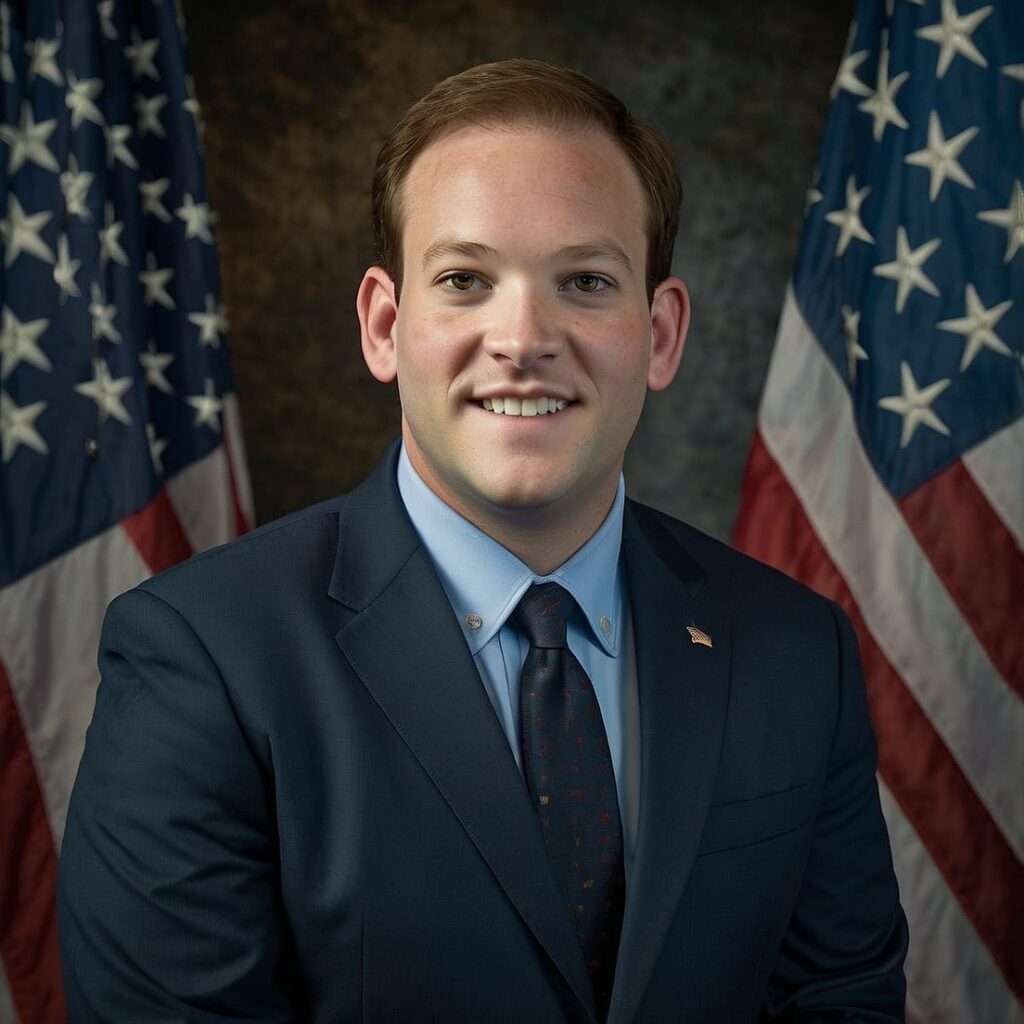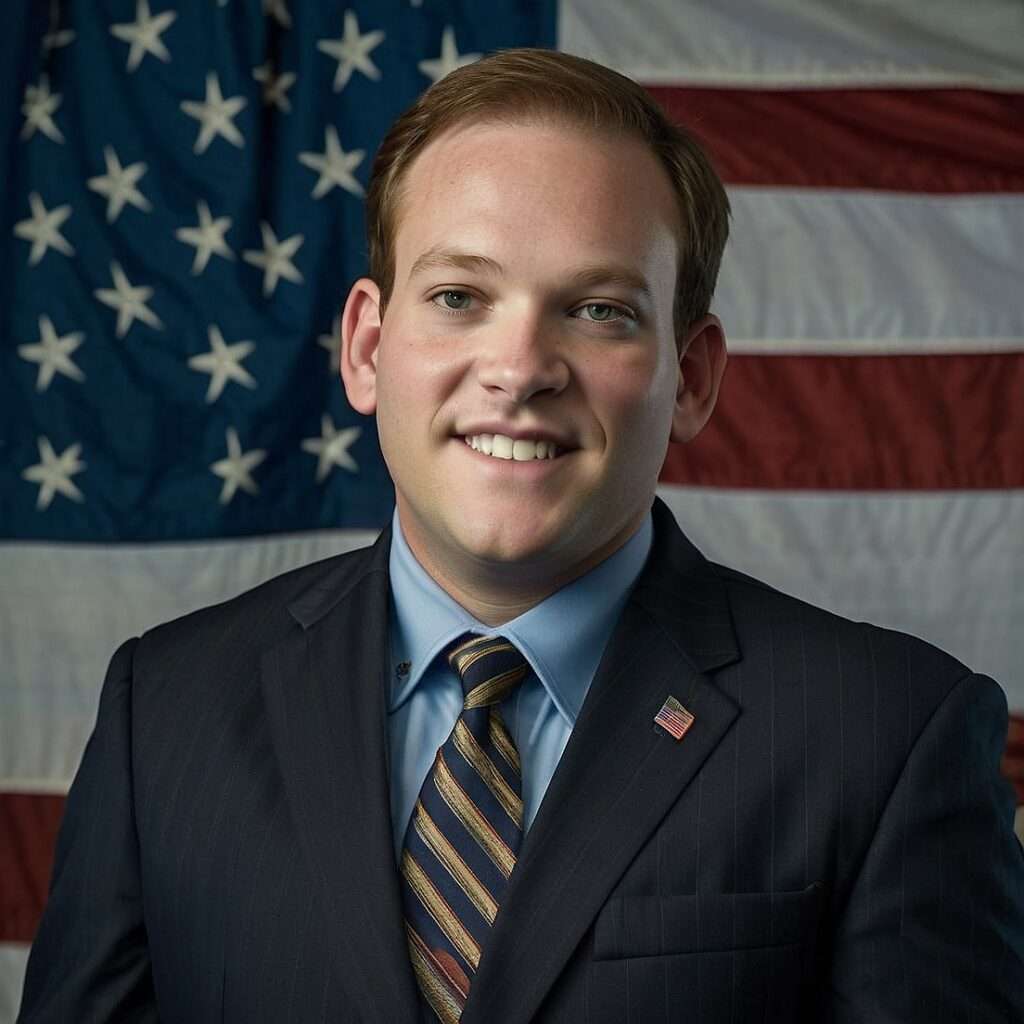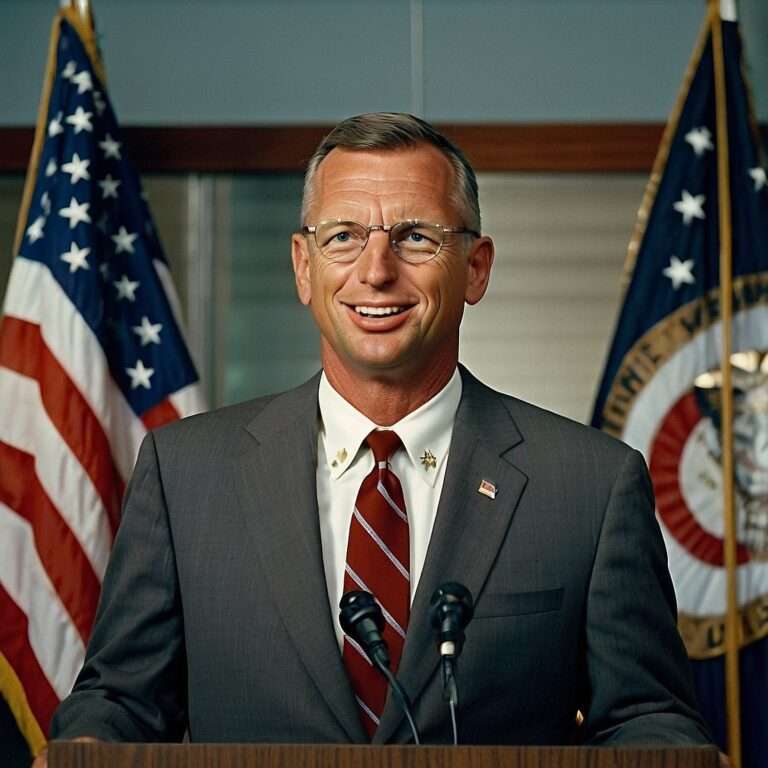
Lee Zeldin, potential EPA Administrator, known for his pro-business stance on environmental policy.
Environmental protection has never been more critical than it is today. With escalating climate challenges and mounting concerns about public health, the leadership of the Environmental Protection Agency (EPA) plays a pivotal role in shaping America’s future. Now, former Representative Lee Zeldin is being considered for Administrator of the EPA—a move that could fundamentally redefine the agency’s mission. Zeldin, known for his pro-business stance, has consistently prioritized economic growth over environmental regulations. However, his potential appointment raises pressing questions: would he lead the EPA toward a balanced approach to environmental protection, or would his focus on deregulation undermine its core mission?
Potential Impact on the EPA Under Lee Zeldin
Appointing Lee Zeldin as EPA Administrator could profoundly alter the agency’s priorities. On the one hand, his leadership is expected to focus on reducing regulatory burdens, promoting energy independence, and fostering economic growth. These objectives appeal to industries that have long criticized the EPA’s stringent regulations as obstacles to innovation. Zeldin’s approach might streamline regulatory processes, cut compliance costs, and boost domestic energy production—an agenda that aligns with conservative and business-friendly policies.
Nevertheless, these changes could come at a steep cost. Critics warn that weakening environmental protections may lead to fragmented enforcement of clean air and water standards, exacerbating pollution and climate challenges. For instance, reducing oversight on industrial emissions might stimulate short-term economic gains, but it could also increase long-term health risks for communities exposed to hazardous pollutants. This tension underscores the importance of balanced leadership at the EPA—something Zeldin’s record has not demonstrated convincingly.

Who Is Lee Zeldin and Why Is He Nominated as EPA Administrator?
Lee Zeldin served as a U.S. Representative from New York from 2015 to 2023, building a reputation as a staunch advocate for pro-business policies. He frequently argued for reducing federal oversight, cutting “red tape,” and advancing American energy independence. These positions made him a favorite among conservatives and industry leaders who view EPA regulations as impediments to economic growth.
Zeldin’s rhetoric often focuses on the belief that many environmental regulations fail to provide tangible benefits, yet impose significant costs on businesses. His pro-deregulation stance has resonated with industries, particularly in energy production, which see these rules as barriers to profitability. However, critics argue that his policies overwhelmingly favor economic interests while neglecting public health and environmental sustainability. These concerns raise doubts about whether Zeldin is prepared to uphold the EPA’s mission of protecting both human health and natural resources.
Zeldin’s Experience and Concerns About His EPA Candidacy
Although Zeldin has extensive legislative experience, leading the Environmental Protection Agency demands more than a focus on economic development. The agency is responsible for addressing complex challenges such as climate change, pollution control, and public health crises. Effective leadership requires a nuanced understanding of environmental science, regulatory compliance, and long-term policy planning.
In contrast to past EPA administrators with strong scientific or environmental credentials, Zeldin’s background falls short. For example, Gina McCarthy, who served under President Obama, was an environmental health expert with decades of experience. Zeldin’s lack of expertise in environmental law or science could hinder his ability to navigate the intricacies of issues like greenhouse gas reduction or toxic waste management. This experience gap makes critics question whether he can effectively balance the competing priorities of economic growth and environmental protection.
Moreover, Zeldin’s emphasis on deregulation could create blind spots in critical areas. For example, pollution control relies on robust enforcement of clean air and water standards—an area where Zeldin has yet to articulate a detailed vision. If his leadership prioritizes deregulation without safeguarding these essential protections, the EPA’s ability to fulfill its mission may be significantly weakened.
Potential Impact of Lee Zeldin as EPA Administrator on Environmental Policy
Zeldin’s pro-business stance suggests he would adopt a market-driven approach to environmental policy, which could stimulate economic development. However, the EPA’s broader responsibilities extend beyond fostering economic growth. The agency must enforce stringent pollution controls, mitigate climate risks, and ensure clean air and water for future generations. Striking this balance is crucial, yet Zeldin’s track record provides little assurance that he can manage these competing demands.
For example, rising greenhouse gas emissions highlight the urgent need for a comprehensive climate strategy. Reducing emissions while maintaining energy reliability requires a leader with both scientific expertise and policy acumen. Critics fear that Zeldin’s focus on deregulation may undermine efforts to address climate change, leaving the U.S. lagging behind international peers in meeting carbon reduction goals.
Furthermore, industrial pollution remains a pressing concern for communities nationwide. The EPA’s enforcement of clean air and water standards directly impacts public health, particularly in vulnerable areas disproportionately affected by environmental degradation. Zeldin’s deregulatory approach may prioritize economic interests over the needs of these communities, exacerbating health disparities and environmental injustice.
The Challenges Facing Lee Zeldin as EPA Administrator
The EPA plays a crucial role not only in domestic environmental policy but also in global efforts to combat climate change. Effective leadership requires navigating international agreements, cross-border pollution issues, and cooperative climate initiatives. For example, the agency must engage with global partners to meet the goals of the Paris Agreement and address challenges such as ocean acidification and deforestation.
However, Zeldin’s experience largely focuses on domestic economic concerns, leaving gaps in his ability to manage international environmental issues. His appointment raises questions about whether the U.S. would maintain its leadership role in global environmental policy or retreat into a more insular, business-focused agenda. This shift could weaken international cooperation and hinder progress on shared environmental goals.
Symbolism or Substance: What Does Zeldin’s Appointment Mean for the EPA?
Supporters of Zeldin’s nomination argue that his pro-business policies represent a much-needed correction to what they perceive as overregulation by the EPA. They believe his approach could foster innovation and reduce costs for businesses. However, critics counter that such moves risk being symbolic, aimed more at gaining political favor than solving environmental challenges.
For instance, while Zeldin’s emphasis on energy independence might appeal to conservative constituencies, it may do little to address systemic issues like pollution control or climate change mitigation. His lack of expertise in these areas raises doubts about whether his leadership would strengthen the EPA’s ability to protect the environment or diminish its effectiveness.
Conclusion: Zeldin’s Appointment and the Future of the EPA
Lee Zeldin’s potential appointment as Administrator of the Environmental Protection Agency represents a pivotal moment for the agency and its mission. His pro-business stance and focus on deregulation could energize industries and conservative voters, but they also risk undermining critical environmental safeguards. The EPA’s effectiveness depends on leadership that can balance economic growth with science-based policies addressing climate change, pollution, and public health.
While Zeldin’s appointment might satisfy calls for reduced federal oversight, it raises concerns about the agency’s ability to meet its broader responsibilities. The question remains: can a leader focused on economic interests truly uphold the EPA’s mission, or does this appointment signal a shift toward prioritizing industry over the environment? The answer will define not just the future of the EPA, but also America’s role in addressing global environmental challenges.
Sources
- “Trump picks Lee Zeldin to lead EPA”
Politico, November 11, 2024.
This article discusses President-elect Donald Trump’s selection of Lee Zeldin as the head of the Environmental Protection Agency, highlighting Zeldin’s political background and potential impact on environmental policies. Politico - “What Lee Zeldin’s Nomination Means for the EPA”
Wired, November 18, 2024.
An analysis of Lee Zeldin’s nomination, exploring the expected deregulatory approach and its implications for environmental protection and economic growth. Wired - “Everything Lee Zeldin Has Said About Climate Change”
Newsweek, November 11, 2024.
A comprehensive overview of Lee Zeldin’s public statements and positions on climate change, providing insight into his environmental policy perspectives. Newsweek - “Meet the ‘great deregulator’ Trump chose to lead EPA”
E&E News, November 15, 2024.
This piece profiles Lee Zeldin, focusing on his deregulatory stance and the potential shifts in EPA policies under his leadership. E&E News
Further Reading on Paranoid Prophet
- The National Divorce: Could Secession Solve America’s Deep Divides?
Explore how polarization impacts governance and public trust, offering insights into the challenges RFK Jr. would face as a reformer in public health. - Matt Gaetz Human Trafficking Allegations: Media Smear Campaign or Manufactured Scandal?
This article delves into the complexities of political scandals and media narratives, providing context on the challenges public figures like RFK Jr. may encounter in the public eye. - Trump’s Second-Term Cabinet Picks: The Team Shaping His New Administration
An analysis of the political dynamics and implications of cabinet appointments, offering insights into the environment RFK Jr. would navigate as a potential Health Secretary. - RFK Jr.: A Game-Changing Nominee for Secretary of Health and Human Services
A focused examination of RFK Jr.’s nomination, exploring the potential impact and controversie surrounding his appointment as Health Secretary. - Trump Tariffs for Mexico and Canada
Explore the economic and political impacts of Trump’s proposed 25% tariffs on Mexico and Canada. Learn how these tariffs could reshape trade dynamics, pricing, and North American manufacturing.
FAQs: Lee Zeldin and the Environmental Protection Agency
About Lee Zeldin and His Leadership Potential
- Who is Lee Zeldin?
Lee Zeldin is a former U.S. Representative from New York who served from 2015 to 2023. Known for his conservative stance, he has been nominated as Administrator of the Environmental Protection Agency (EPA). - What is Lee Zeldin’s experience in environmental policy?
Zeldin’s background is in law and politics, with limited direct experience in environmental policy or science. This lack of expertise has raised concerns about his qualifications to lead a science-driven agency like the EPA. - What are Lee Zeldin’s views on environmental policy?
Zeldin supports reducing federal regulations, promoting energy independence, and cutting regulatory “red tape.” His focus is on balancing economic growth with environmental considerations, though critics argue his policies may favor business interests over environmental protection. - What are the political implications of Zeldin’s appointment?
His nomination represents a conservative shift in environmental policy under the Trump administration. Supporters see it as a pro-business move, while critics worry it could weaken environmental protections and climate change initiatives. - What has Zeldin said about climate change?
Zeldin has criticized sweeping climate policies, focusing on their economic impact rather than their environmental benefits. This stance has led to concerns that his leadership could hinder effective action on climate change.
Impact on the Environmental Protection Agency and Public Health
- What changes might Zeldin bring to the EPA?
If confirmed, Zeldin is expected to prioritize deregulation, streamline compliance processes, and boost domestic energy production. These changes could benefit industries frustrated with federal oversight but may risk weakening environmental protections like clean air and water standards. - How could Zeldin’s leadership impact public health?
The EPA enforces regulations protecting air and water quality, which directly affect public health. Critics worry that Zeldin’s deregulation-focused approach could lead to increased pollution and health risks, particularly in vulnerable communities. - What role does the EPA play internationally, and how might Zeldin handle it?
The EPA collaborates internationally on climate agreements and cross-border pollution issues. Zeldin’s domestic focus raises questions about his ability to engage effectively in global environmental efforts. - What do supporters say about Zeldin’s nomination?
Supporters argue that Zeldin’s pro-business stance will reduce unnecessary regulations, stimulate economic growth, and enhance energy independence. They see him as a reformer who can modernize the EPA’s approach. - What concerns do critics have about Zeldin?
Critics contend that Zeldin’s deregulatory policies prioritize economic interests over environmental and public health. They also question whether his lack of expertise will weaken the EPA’s ability to address critical challenges like climate change and pollution.


